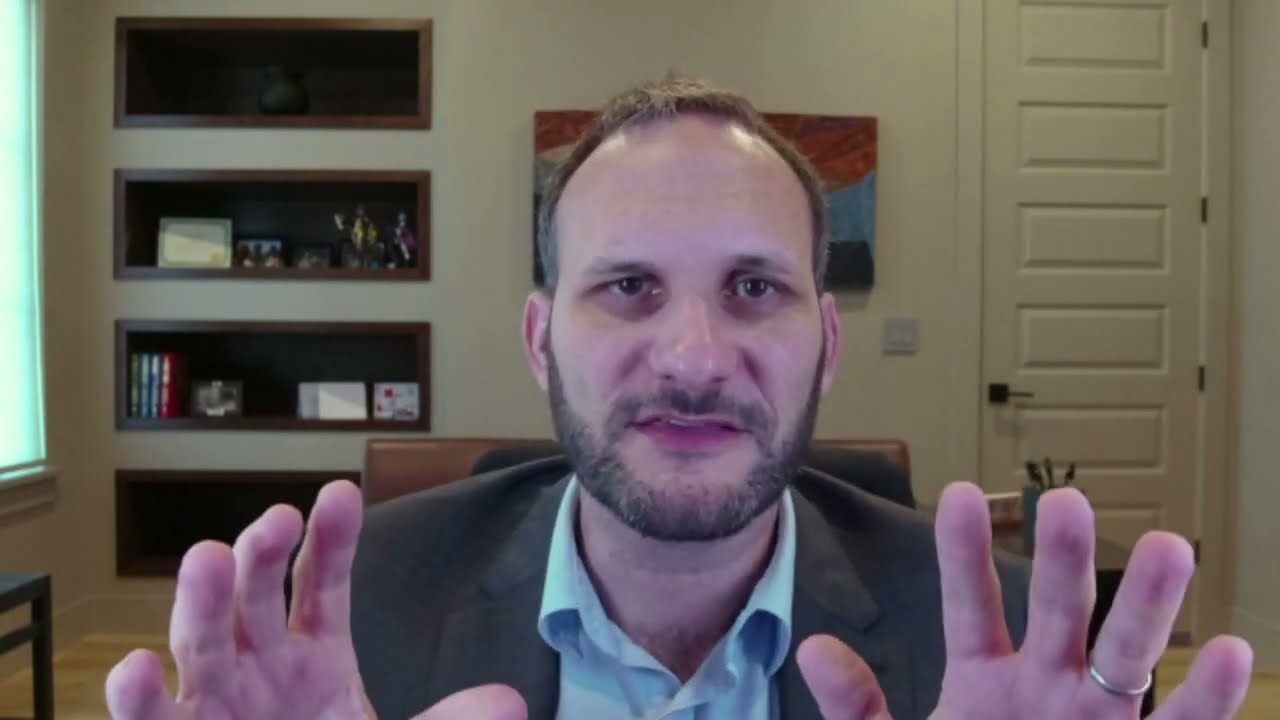How Do Creditors Find Your Bank Account?
Creditors can discover your bank account information through several legal methods. They often start by examining the fact information sheet, which debtors must complete after a judgment. If this doesn’t provide enough details, creditors can use post-judgment discovery tools like interrogatories or depositions to ask about your finances. They might also hire asset search companies that use public records and databases to locate accounts. In some cases, creditors can subpoena your employer for information about direct deposits.
Once they identify a bank account, creditors can seek a court order to freeze or garnish it. However, state law provides certain exemptions that may protect some or all of your bank funds from seizure.
Here are some of the most common ways creditors find out about your bank accounts.
Post-Judgment Discovery Tools
Once a judgment is entered, most jurisdictions, including Florida, offer post-judgment discovery mechanisms to aid collection.
- Written Interrogatories: These are a set of written questions the debtor is required to answer under oath. Questions about bank accounts, banking history, and other assets are standard.
- Depositions: The debtor can be summoned to attend a deposition, which is a sworn testimony taken outside of the courtroom. Here, the debtor answers questions in person, including details about bank accounts.
- Requests for Production of Documents: The creditor can request the debtor produce specific documents that might reveal where they bank, such as canceled checks, bank statements, or tax returns. In Florida, a request for documents is governed by Florida Rule of Civil Procedure 1.350.
We help protect what you’ve earned.
Jon Alper and Gideon Alper are nationally recognized experts in asset protection planning and implementation. In over 30 years, we have advised thousands of clients about how to protect their assets from judgment creditors.
We provide all services remotely by phone or Zoom.

Examination of Public Records
- Real Estate Records: If the debtor has recently purchased property, they may have used a bank for the mortgage or transaction. The closing documents could reveal banking details.
- UCC Filings: The Uniform Commercial Code (UCC) governs secured transactions. Creditors file UCC-1 financing statements when they have a secured interest in a debtor’s personal property. These filings might mention banks involved in the transaction.
Hire a Private Investigator
Private investigators can be particularly effective for a creditor to find out where you bank. They may use techniques like surveillance to see which bank the debtor visits or employ other investigative methods within legal boundaries.
Previous Payments
A judgment creditor will review any payments previously made by the debtor. If they have written you a check in the past, the check will have their bank’s information.
Or, if you’ve made a payment to the judgment creditor (such as a prior bill), they will be able to see where the payment came from.
Tip: We often see in our practice that clients overlook this method. A creditor will comb through their own prior records to find out financial information about the debtor.
Third-Party Contacts
If the judgment creditor believes a third party has relevant information about the debtor’s assets, they might be able to depose them. This can include business partners and family members.
A creditor can subpoena third parties to produce documents or testify about a debtor’s assets. This is particularly effective when used on financial institutions, employers, accountants, and financial advisors.
Checking for Automatic Payments
If the debtor has set up automatic payments for utilities, rent, or other obligations, tracing those transactions might lead to their bank.
Sign up for the latest information.
Get regular updates from our blog, where we discuss asset protection techniques and answer common questions.









